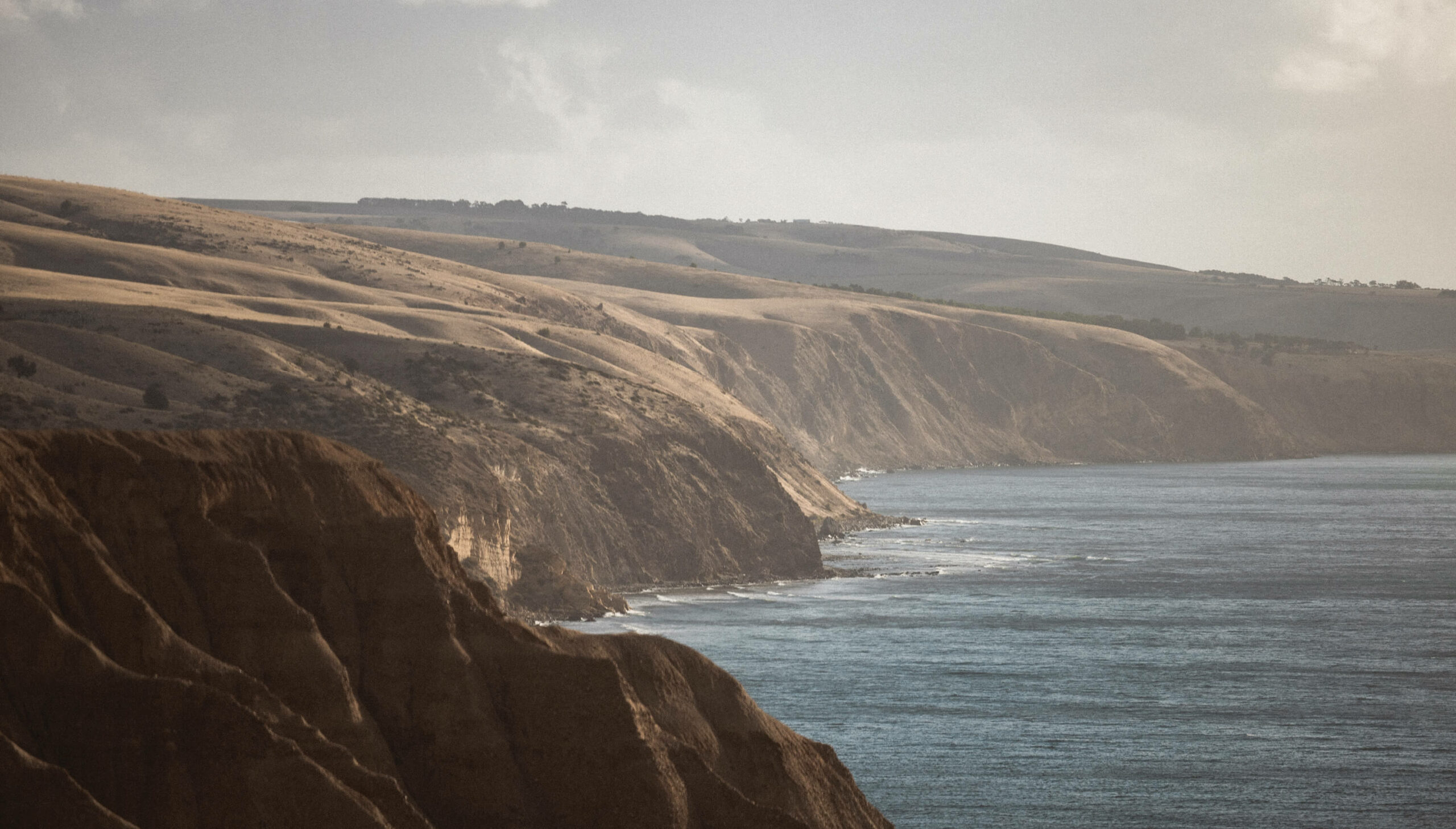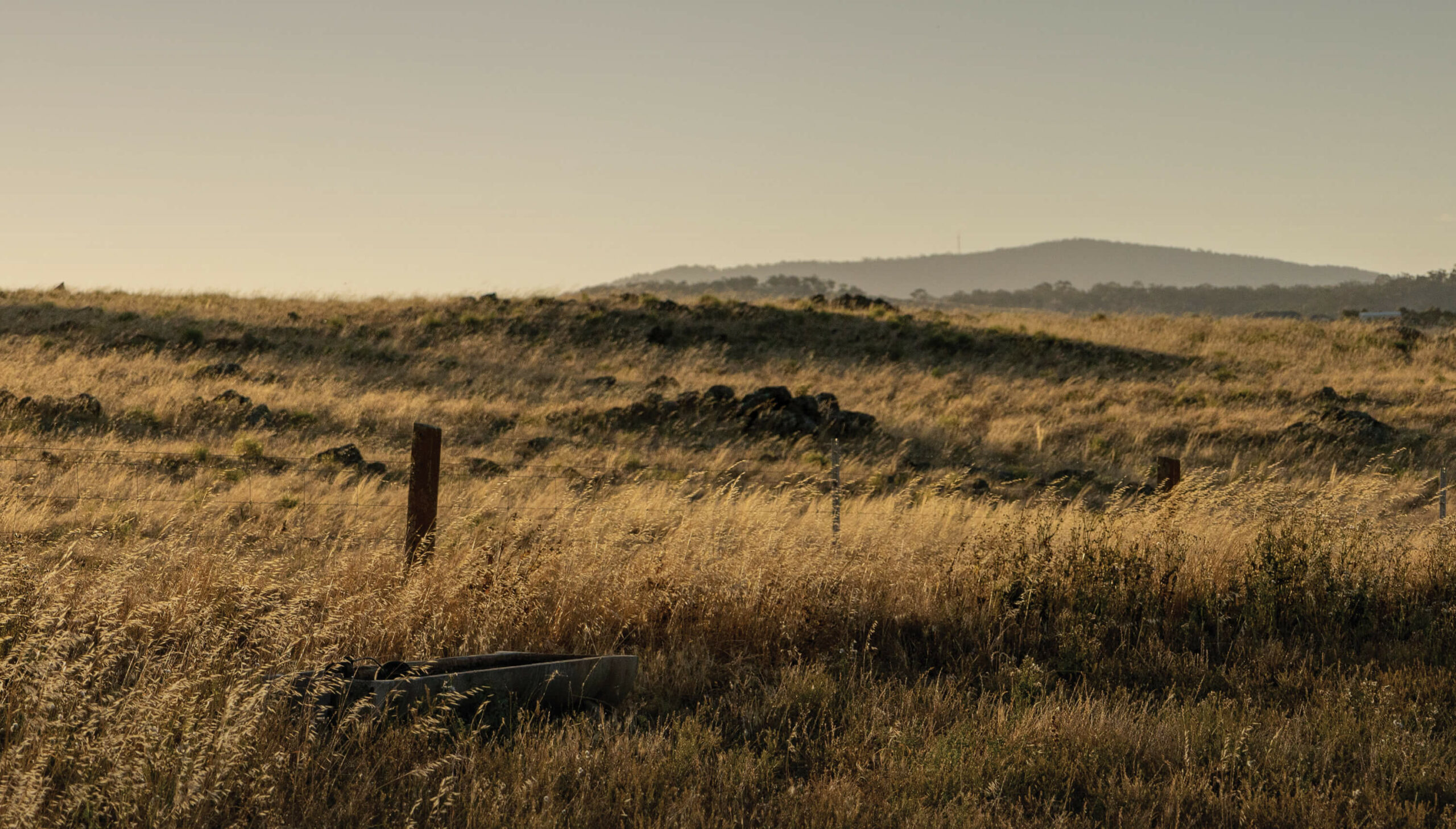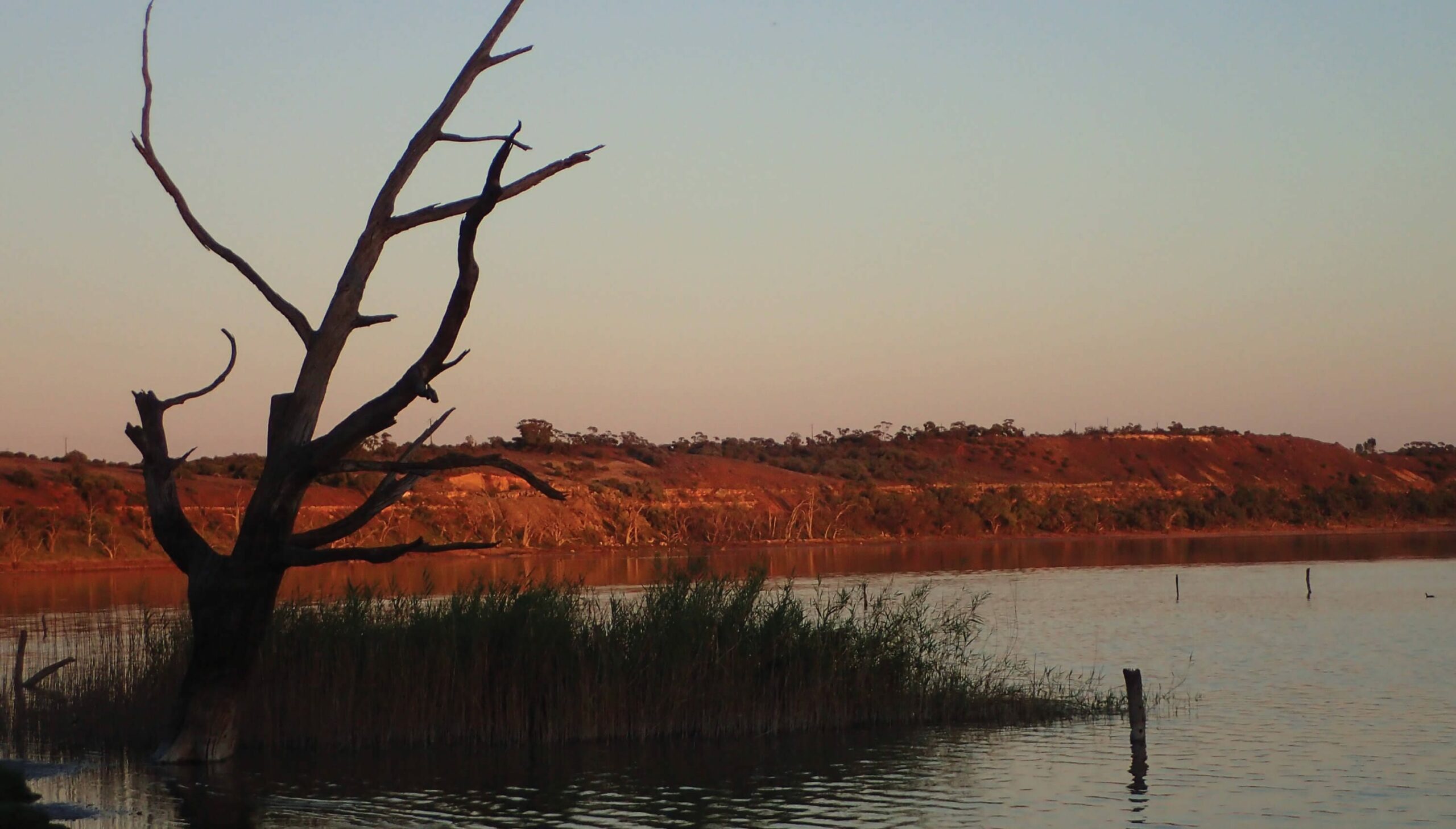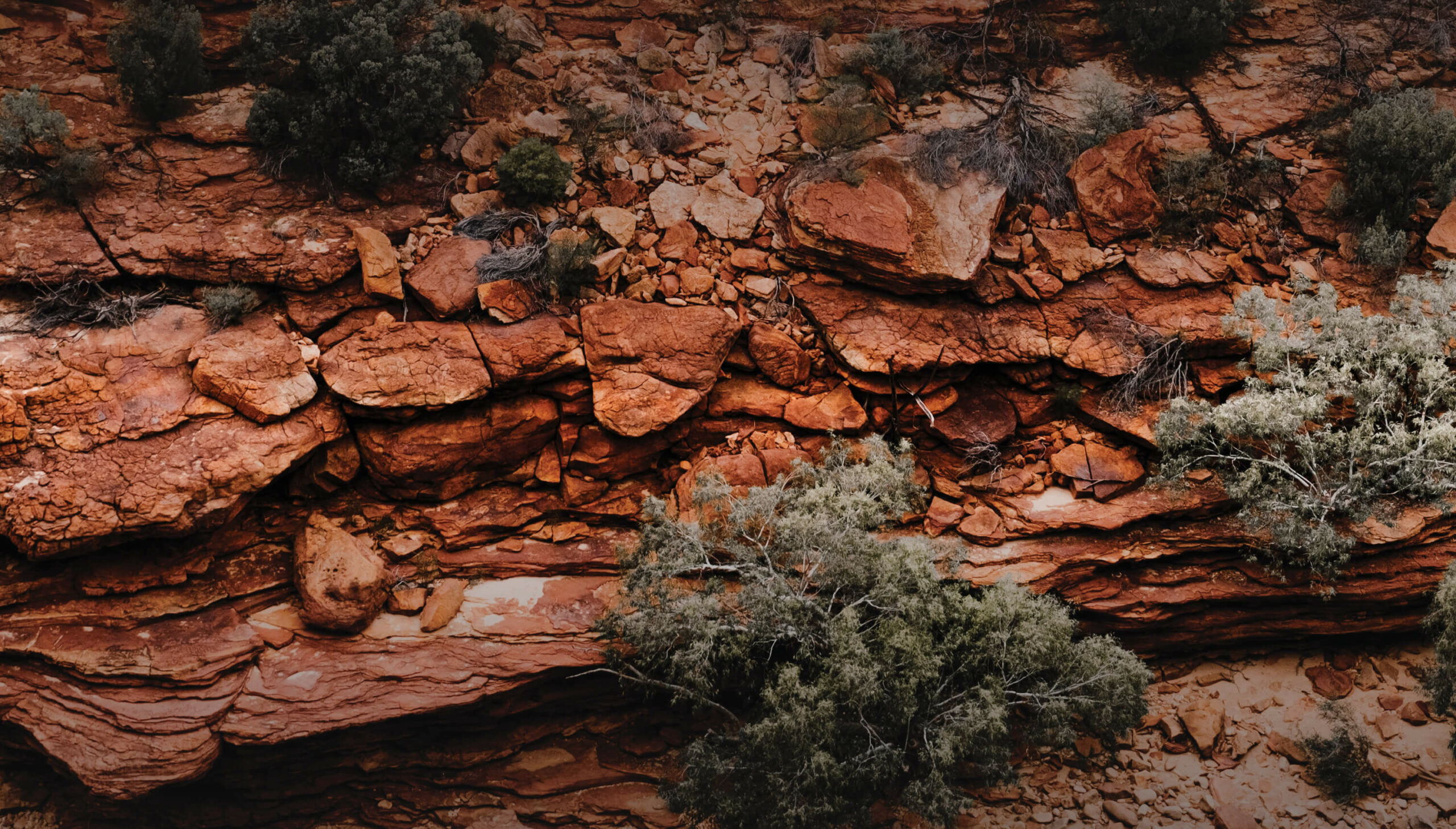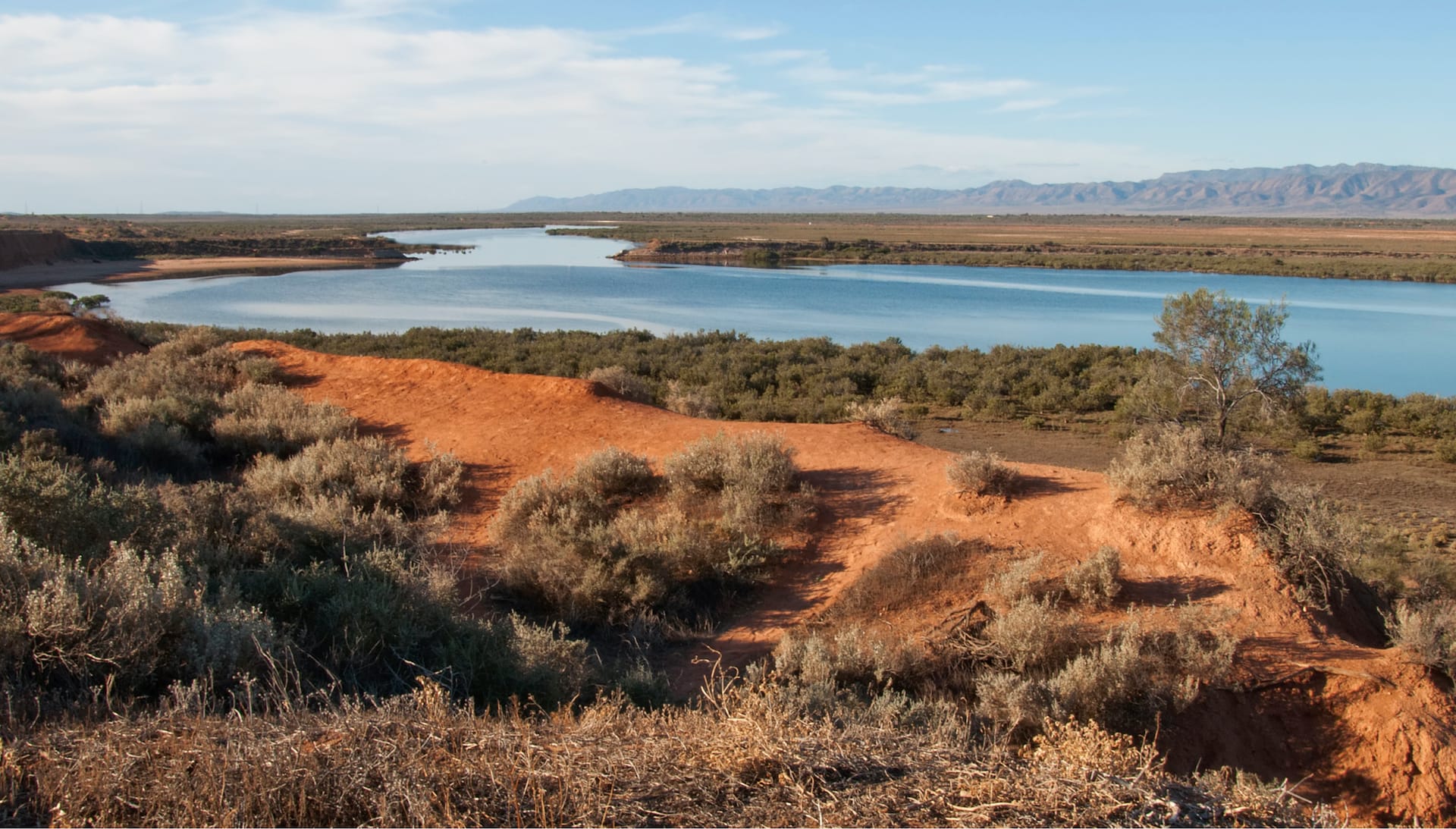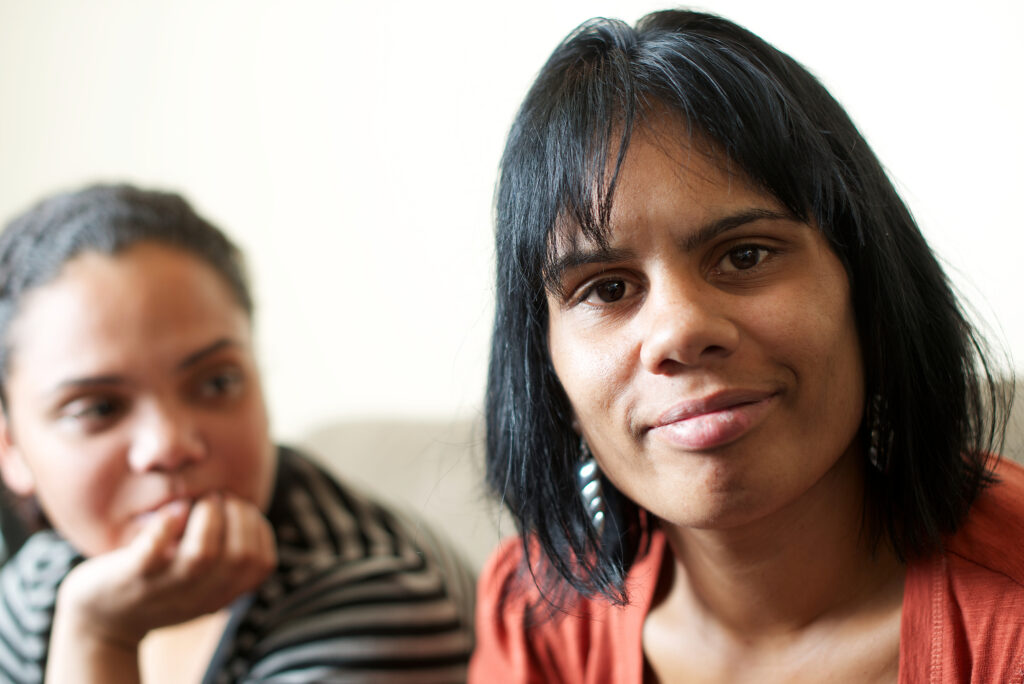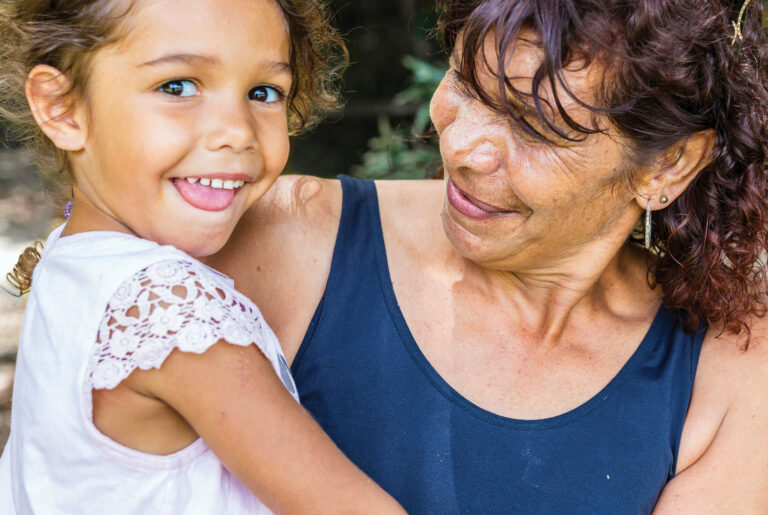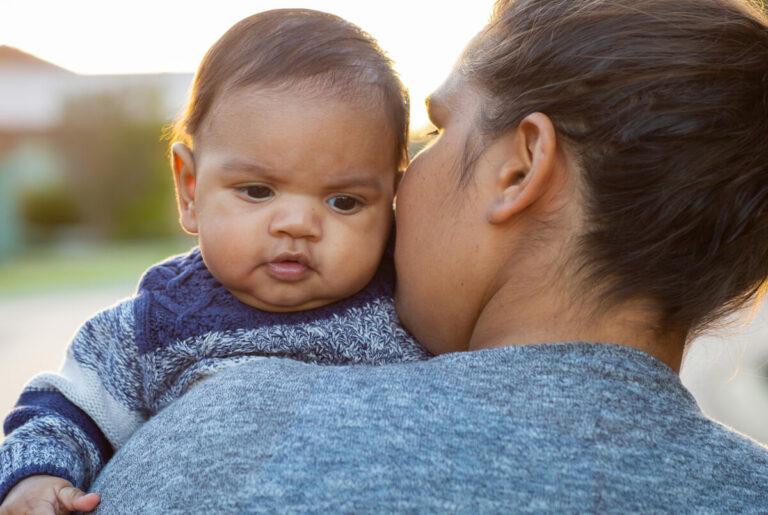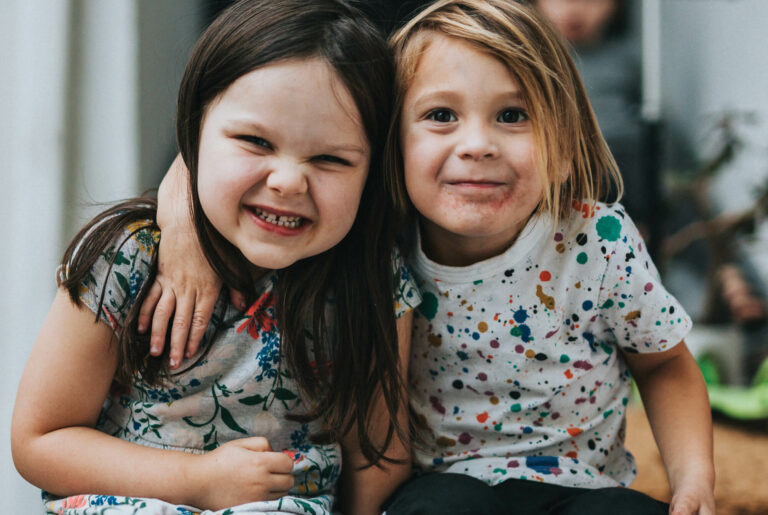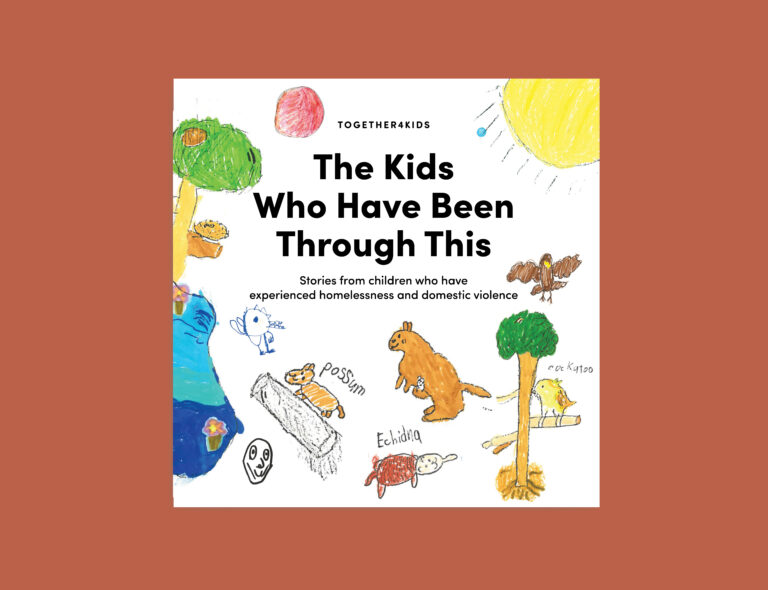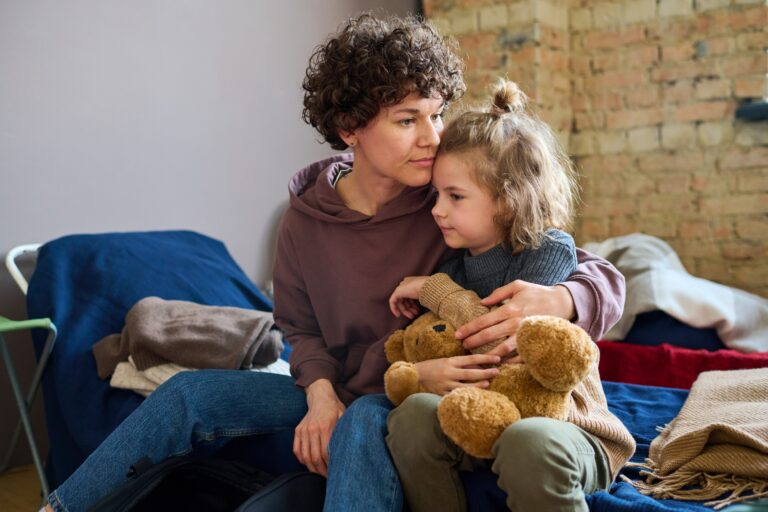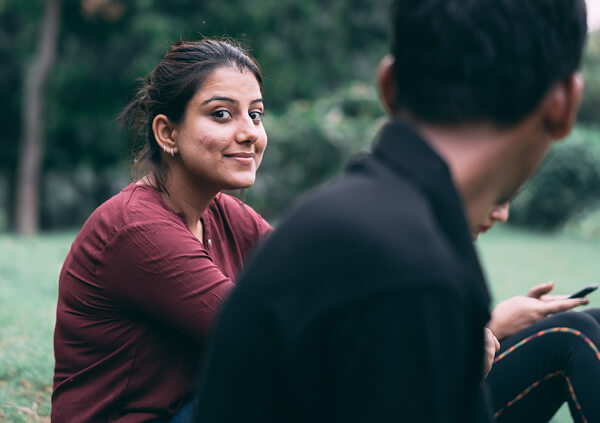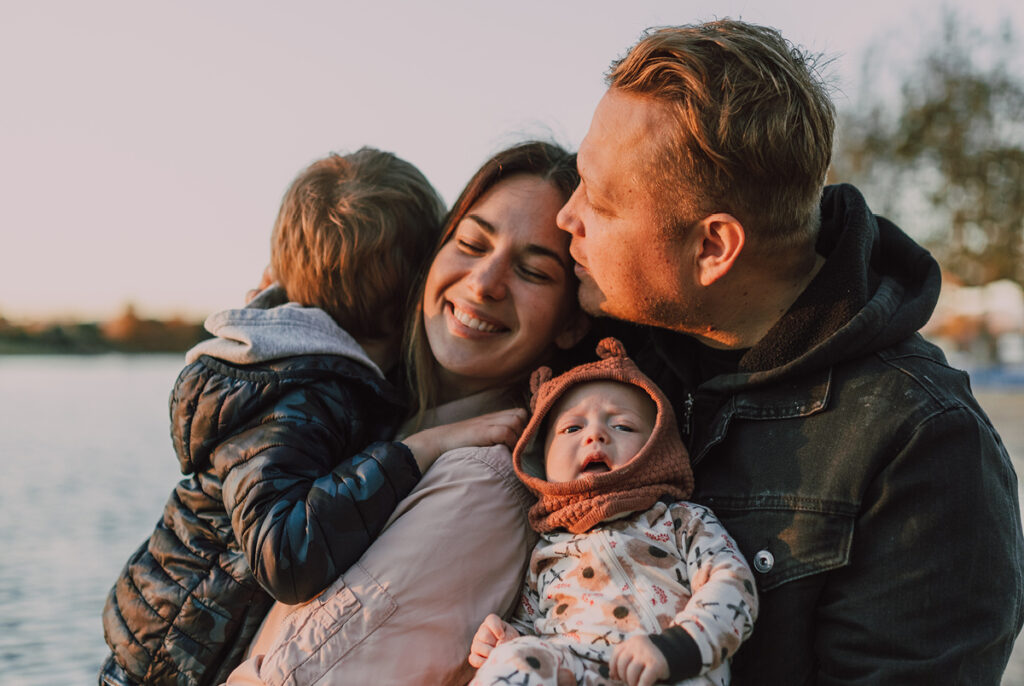Overview
Who It's For
Our priority is Aboriginal families. Walking Together is for families living in Adelaide’s western metro region with children 0-18, who have been identified through the child protection process and referred by the Department of Human Services.
How We Help
We work with our partners KWY and Uniting Care Wesley Bowden to provide intensive family support through strength-based, child focused services and family-led decision-making. We aim to improve family functioning and child wellbeing.
What to Expect
Initial phone call. Home visits. Support for specialist service appointments.
How we help:
01
Parent education and skill development
02
Individual and family counselling
03
Specialist counselling for children and young people
04
Drug and alcohol counselling
05
Domestic and family violence support
06
Anger management and behaviour change
07
Practical and financial support
08
Mediation to help resolve family conflict
09
Family group conferencing
10
Brokerage to fund specialist services
11
Warm referrals to appropriate services.
Funding Acknowledgement
Funded by the Department Human Services
